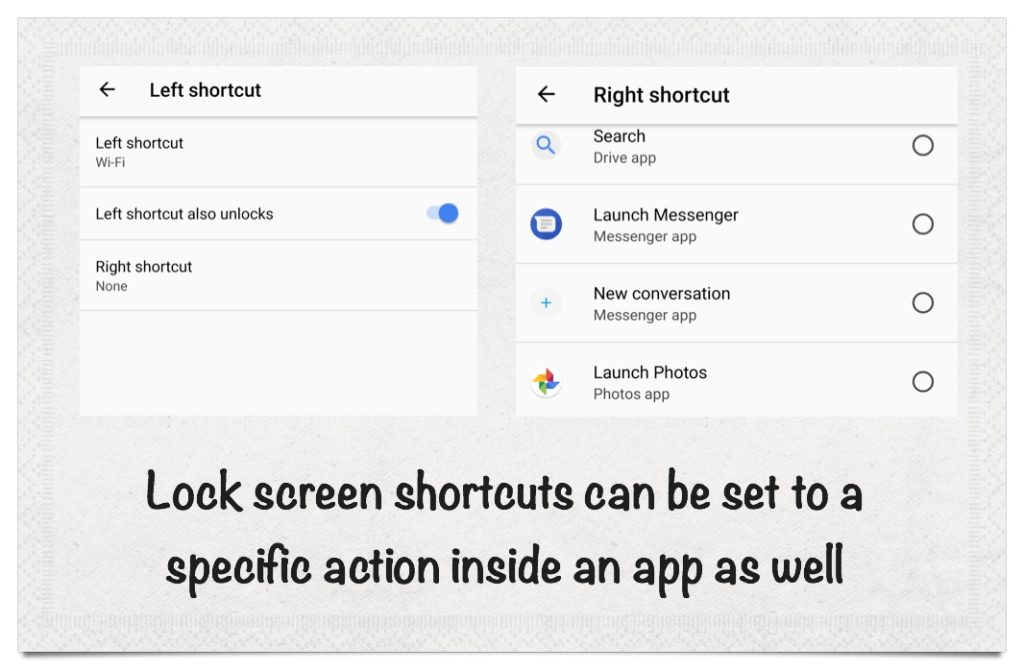During the summer of 2023, French lawmakers made a significant decision by voting on a wide-ranging justice reform bill that aims to expand police action by allowing agents to remotely tap into cameras, microphones, and GPS services of phones and other internet-based devices belonging to suspected criminals. This reform bill intends to provide a more efficient approach to law enforcement against criminal activities and to ensure the safety of the general public. With this new capability, law enforcement officials can utilize technology to gather evidence and track criminal suspects more effectively.
Reasons Why French Lawmakers Adopted the New Bill
The adoption of the new reform bill unleashed rivers of demonstrators through Paris, most of all because police could start the tapping procedure without the owners of the device knowing or being able to realize it. On the other hand, lawmakers justify their choice by limiting the procedure to suspects of terrorism and organized crime only, but it could involve more illegal activities, such as money laundering. Since most of their illegal activities are supported by internet-based communication, the objective is to intercept suspected written or vocal conversations to freeze criminals even before they commit any offenses.
Another reason for the adoption of the new reform bill is the need to modernize the previous French procedures to create more social order by fastening justice.
Insight in the New Procedure
The recently enacted reform bill empowers law enforcement agencies to conduct surveillance on individuals suspected of engaging in criminal and illicit activities. As per the new law, authorities are authorized to monitor these individuals’ online activities, including their use of internet-connected devices such as smartphones, laptops, and tablets. This move enhances law enforcement’s ability to gather evidence and prevent criminal activities while acknowledging the importance of maintaining individual privacy rights.
Let’s see how the procedure works:
- Police spot a suspected subject involved in criminal activity;
- A request to approve the use of the power according to the reform bill arrives at the local judge;
- The judge analyses the request from the police and decides whether to approve or reject it.
However, the bill forbids applications against journalists, lawyers, and a few more sensitive professionals. Also, the procedure can’t extend beyond six months.
The Impact of the Procedure on French People
It’s no wonder that the bill provoked the reaction of millions of French people who joined in mass demonstrations and marched through the streets of Paris only two days after the approbation of the French Senate.
In a mobile-driven world, it’s obvious that such a strict and privacy-violating power awakens concerns among people. Today, phones are the preferred means to access an endless arena of websites, from e-commerce platforms for purchases to online casinos for free-time entertainment. The best French online casinos allow mobile gaming, while the highest-level ones reward their players with special bonuses for choosing this gaming mode. As you can see if you click here, mobile use for online casino gambling opens the way for extra benefits.
The reform won’t affect your gambling activity if you’re not committing a crime or fraud. That’s why French lawmakers voted for the new change: if you aren’t a criminal suspected, you can continue to enjoy your online entertainment.
To prevent the rise of controversy among French people, Justice Minister Eric Dupond-Moretti clarified that the bill will apply to only a dozen cases yearly on average. The bottom line is that the new procedure will save lives from terrorist attacks and other crimes. The French government is taking measures to increase surveillance on its citizens, which advocates hope will affect only a limited number of cases, as in the Justice Minister’s words.














